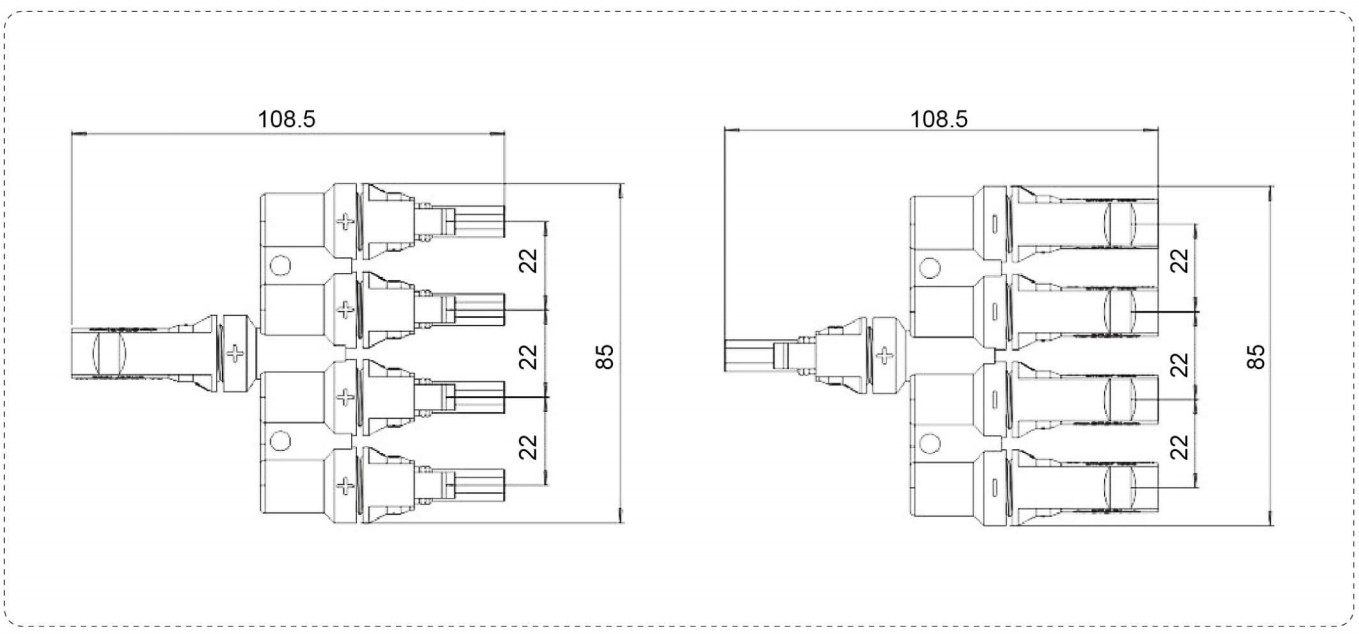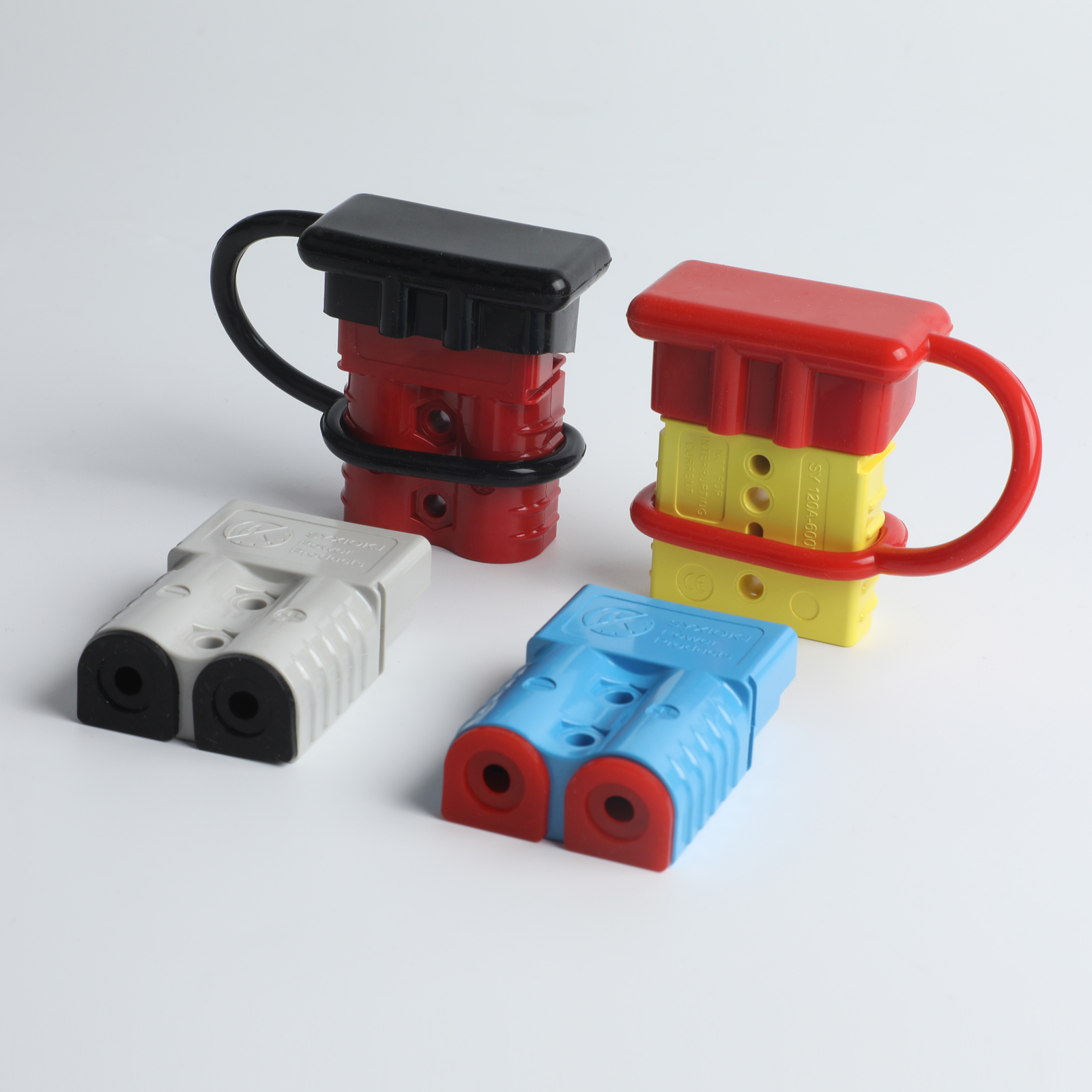bebob recently announced its new Coco-Vmicro2 adapter. The Coco-Vmicro2 adapter allows you to run two Vmicro batteries of any capacity as well as providing a multitude of power outputs for running other devices.
The Coco-Vmicro2 adapter is quite unique given its feature set and capabilities, so let’s have a closer look at it. Electrical Connector

The adapter plate lets you hot-swap batteries so your camera can continue to run uninterrupted. This is very handy if you need to record for extended periods of time. The Coco-Vmicro2 doesn’t simultaneously draw power from both batteries. Once the first battery is depleted, the second one is automatically activated to power the camera.
The Coco-Vmicro2 switches from one battery to the other when the battery in use reaches 12.5V and the spare battery voltage is over 14.5V. If an empty battery is replaced with a sufficiently charged alternative (>14.5V under load) then the new battery will take over powering the camera/device and the additional outputs without interruption.
The adapter is capable of performing hot swaps with only 20% of the other battery remaining. In combination with the two batteries, it results in a potentially unlimited number of hot swaps.
The status of each battery’s charge can be checked using two five-stage LED indicators on both sides of the adapter. I like that bebob has put LED indicators on both sides of the Coco-Vmicro2 adapter because it allows both the operator and the 1st AC to clearly see how much power is remaining.
When your camera is switched on, you can press the push button on top of the Coco-micro2 to recall the battery status. Pressing the push button shortly again switches the Fuel Gauges off. This is handy because if you are working in low-light environments you don’t want any extraneous light.
With the DC-In D-Tap connector on the Coco-Vmicro2, the connected batteries can be charged directly on or off the camera using the optional S1MICRO fast charger.
All you need to do is connect the blue D-Tap cable from the S1MICRO fast charger to the blue-colored Twist D-Tap DC-In on the Coco-Vmicro2.
This is a clever design and I liked how I could just take the Coco-Vmicro2 with both batteries attached and charge them using S1MICRO fast charger. This saves you from having to lug around a large V-mount charger and it also lets you simultaneously charge two batteries at once (although this is fairly slow).
You can also use the combination of the Coco-Vmicro2 and the S1MICRO fast charger as a sort of defacto mains power supply for your camera. I tried doing this without any batteries attached and I was able to power and run the camera. This is very handy indeed, especially for situations where you have run out of camera batteries and you have easy access to mains power.
The only small caveat with doing this is that you can only see the charging status of one battery as the LED indicators for the second battery get obscured. I would have preferred to have seen the changing status shown on the Coco-Vmicro2 itself when doing this.
As far as charging times are concerned, below you can see how long it takes to charge a single battery using the S1MICRO fast charger:
Now, if you are charging two completely depleted Min150micro batteries on the Coco-Vmicro2 it is going to take 7.5 hours to charge them. You need to be aware of this. That is fine if you are charging batteries overnight, but if you need something quicker then it would be better to utilize a regular V-mount charger.
The bebob Coco-Vmicro2 features the following inputs and outputs:
This is a good amount of outputs for such a small battery adapter plate. I like that the adapter utilizes bebob’s Twist-D-Tap rainproof socket that allows you to plug a D-Tap connector into the battery with the cable trailing from the left or right.
The Twist-D-Tap eliminates confusion as there is no way of accidentally plugging in a D-tap around the wrong way which can potentially damage or destroy equipment. It also means that you are not stuck with a pre-defined position for which way the D-tap cable needs to go. Once you go Twist-D-Tap you can never go back!
Having 3 Twist D-Tap outputs, 3 Hirose, and a 2-pin Lemo provides you with a lot of flexibility for powering accessories. I personally would have preferred to have seen an additional Lemo output instead of having three Hirose, but that’s just my preference.
The one thing, that at least in my opinion, is missing is the lack of any USB-C input/output. I would have liked to have seen a USB-C PD in/out on the adapter plate so that you could use it to power devices such as laptops out in the field.
bebob’s new adapter measures 90 x 140 x 35 mm (W x H x D) and weighs 620g / 1.36 lb. This weight isn’t too bad considering the level of build quality and the inputs and outputs that it provides.
The Coco-Vmicro2 is made in Germany, and like a lot of products in our industry that come from that part of the world, it is very well made.
Everything, including the casing to the switch and all of the inputs and outputs, is well-designed and manufactured.
Batteries connect up securely with no wobble or movement
The Coco-Vmicro2 is ¥arguably being aimed at owner-operators of mid to high-end digital cinema cameras that run V-mount batteries or can be used with a V-mount adapter plate.
You could certainly use it on smaller-sized digital cinema cameras and even mirrorless hybrids, but given its cost and physical size, I don’t think that is the market they are targeting.
At least, in my opinion, the Coco-Vmicro2 makes a lot of sense for use on cameras such as the upcoming Sony BURANO, Sony VENICE/VENICE 2, RED KOMODO-X, RED V-RAPTOR, ARRI ALEXA Mini LF, ARRI ALEXA Mini, ARRI AMIRA, Kinefinity MAVO EDGE, etc.
You do have to factor in its physical size and footprint and how much extra weight it will add to your particular camera package. The form factor of the Coco-Vmicro2 also won’t necessarily fit the profile of certain camera systems.
I personally found that it worked better on larger cameras like the ARRI AMIRA, than it did on smaller-sized ones such as a Kinefinty MAVO EDGE.
Please note, that in the above images, I am using the Coco-Vmicro2 in conjunction with an ARRI Ambient Power Slot for AMIRA (V-Mount) and that is why it looks extra long.
The Coco-Vmicro2 retails for €990.00 and it is now available to purchase. There is no sugarcoating it, €990.00 is a lot of money to pay for a dual mini V-mount adapter with power outputs and inputs, however, it does offer functionality and features that, at least to my knowledge, no other similar product has.
In November, bebob also released a Gold-Mount compatible version of the same adapter, the Coco-Amicro2.
There are a ton of V-mount battery power plates on the market, although some offer very basic functionality and features. It really depends on your needs and requirements as to what one will work best for you.
I am just going to list some of the ones that take two micro-sized V-mount batteries, but you need to be very aware that none of these below options offer anywhere near the amount of outputs and functionality of the bebob.
Matthew Allard is a multi-award-winning, ACS accredited freelance Director of Photography with over 30 years' of experience working in more than 50 countries around the world. He is the Editor of Newsshooter.com and has been writing on the site since 2010. Matthew has won 49 ACS Awards, including five prestigious Golden Tripods. In 2016 he won the Award for Best Cinematography at the 21st Asian Television Awards. Matthew is available to hire as a DP in Japan or for work anywhere else in the world.

Screw Block Quick Cable Connectors A site for working professionals in the TV & Film industry